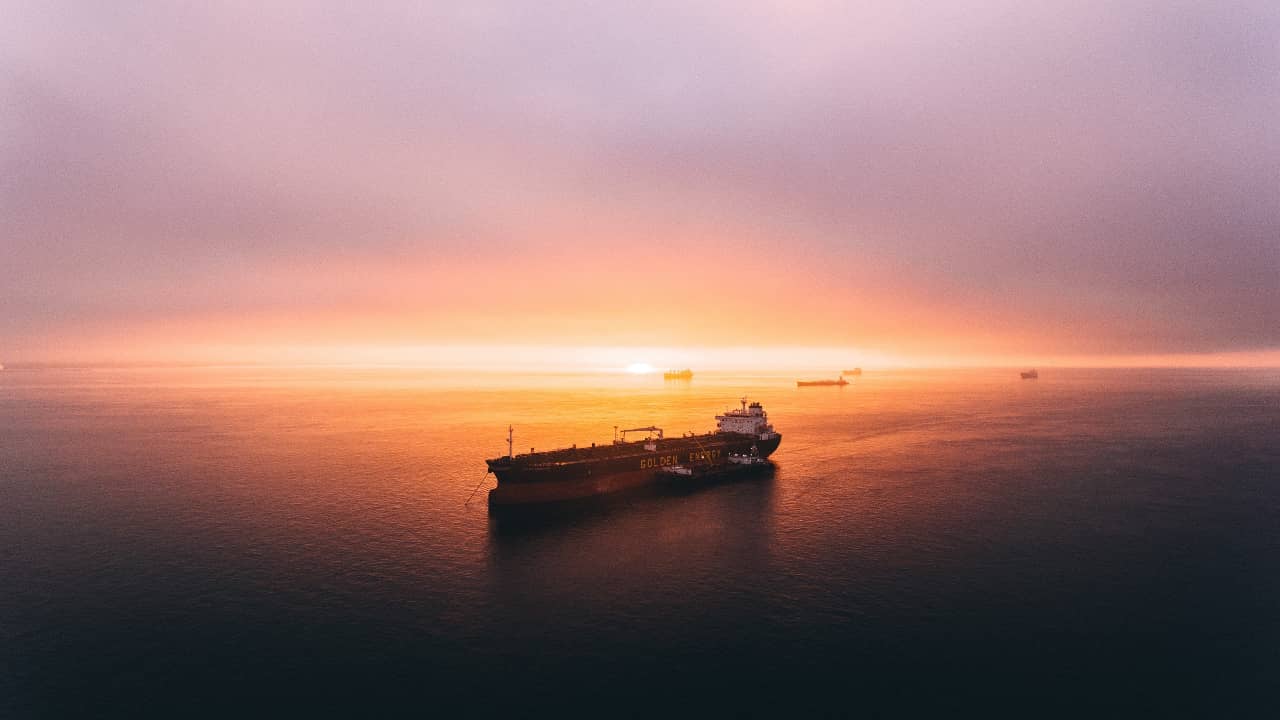
9 Surprising Facts About the Worldwide Shipping Industry
3-minute read
How do the goods of the world travel from one place to another? Despite technological advancements and the propagation of a globalized economy, a surprising 90% of everything still comes and goes on a ship by sea.
The shipping industry may be one of the oldest in the world, but the global economy would not exist without shipping containers. This underscores the notion that it is still one of the most important industries there is.
Here are nine surprising facts about the worldwide shipping industry.
1. Shipping is Profitable
The shipping industry is simply massive. Though reporting standards and fluctuating currency values make it impossible to hone in on exact numbers, the International Chamber of Shipping estimates that marine shippers transported over 7.7 billion tons of cargo in 2008, generating roughly $380 billion in freight charges alone.
2. Ship Crews have Communication Challenges
Roughly two-thirds of ship crews around the world do not have any means of communication while on the open sea. Moreover, only 10% have any kind of internet access.
3. Shipping is Affordable
In fact, it’s still one of the most affordable ways to transport cargo.
For example, it’s cheaper for Scottish cod to be shipped to China (10,000 miles away) and filleted and returned to Scotland than it is to pay Scottish workers to do the same job. In another example, it’s cheaper to ship New Zealand tuna in Thailand and ship it back to New Zealand than it is to have the processing completed in New Zealand.
4. A Container Ship Travels Long Distances
The average container ship travels the equivalent of 75% of the way to the moon and back in a single year, during its regular travel across the oceans. In its lifetime, a large container ship travels the distance of the moon and back about ten times.
5. Shipping is Safe
Shipping is still the safest form of commercial transport. As a matter of fact, it was one of the first industries to adopt widely implemented international safety standards (in the 19th century). Shipping safety is regulated by the International Maritime Organization (IMO) and the International Labour Organization (ILO).
6. There are Six Types of World Merchant Fleet Ships
Most countries across the world possess and operate merchant ships. At present, the Greek merchant fleet is the largest in the world, and accounts for over 16% of the world’s total tonnage.
The six types of merchant fleet ships include:
- General cargo ships
- Bulk carriers
- Fishing vessels
- Container ships
- Passenger ships
- Tankers
7. Large Container Ships have a Lot of Power
A large container ship engine has roughly 1,000 times more power than the average family car. However, big container ships only travel at 23 knots (or 26.5 miles per hour) at peak, and just 17 knots in heavy weather conditions.
8. The 3 Biggest Fleets in the World are Owned by Greece, Japan and Germany
To put this into perspective, Japan has 3,962 ships in their fleet, while Greece has 3,032, and Germany has 2,321. China is in fourth place, and USA in fifth.
The largest shipping company in the world is Denmark’s A.P. Moller-Maersk, which reported a $936 million profit just in the fourth quarter of 2013.
9. World Fleets Are Manned by Over 1.5 Million Seafarers
Crews are made up of virtually every nationality. The typical ship-worker, however, is a male Filipino. In fact, Filipinos make up one-third of all crews (nearly a quarter of a million at sea), with men making up for 98% of the total workforce.
P.S. Easy Freight Ltd helps New Zealand importers & exporters to save money on international freight and reduce mistakes by guiding how to comply with Customs and biosecurity rules.
➔ Contact us now to learn how we can assist you.
